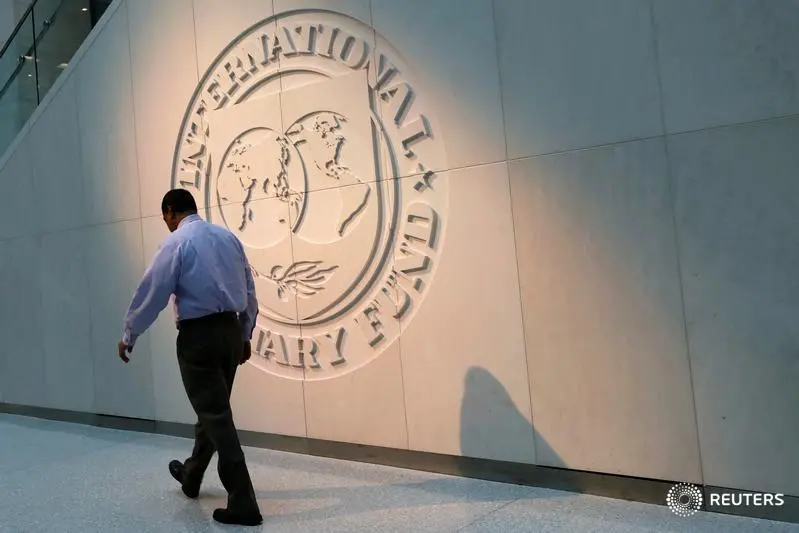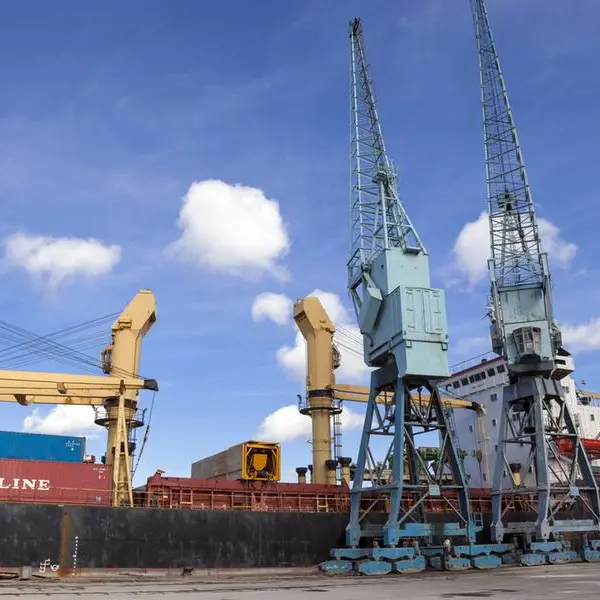PHOTO
The next International Monetary Fund (IMF) payout to Zambia from a total loan of $1.3 billion is contingent upon its bilateral creditors reaching an agreement on a long-delayed debt restructuring, the Fund said in a statement on Thursday.
An IMF mission and Zambian officials completed a successful first review of the programme, it said. But the release of around $188 million - the loan's second disbursement - is subject to approval of the review by the IMF Executive Board.
The board will consider the review "once the necessary financing assurances have been received," Allison Holland, IMF Mission Chief for Zambia, said in the statement.
"An agreement with official creditors on a debt treatment in line with programme parameters would provide the needed financing assurances," she said.
Zambia's international bonds traded flat and were broadly unchanged on the news, with the 2024 and 2027 issues bid between 43.5 cents and 44.6 cents in the dollar, according to Tradeweb data.
In 2020, Zambia was the first African country to default in the COVID-19 era and it has struggled to finish restructuring external debt that reached $18.6 billion at the end of last year.
Many Western officials have blamed the largest bilateral creditor, China, for the delays, something Beijing denies.
Zambia Finance Minister Situmbeko Musokotwane said his country was not at fault for the delays in the process, telling Reuters in an interview that it was being "punished".
"This is no fault of ours, it is the fault of those we engaged with," he said in his office in Lusaka.
"We remain optimistic that working with the Official Creditor Committee and other creditors, we shall soon reach an agreement on debt restructuring," he added in a statement issued shortly after the IMF announcement.
The IMF praised Zambia's government for meeting all its targets and policy commitments, noting that lower than expected mining tax collection had been offset by higher tax revenues in other sectors.
"Fiscal performance has been very strong. Spending has remained within budget limits and, importantly, social spending has increased in line with government targets," Holland said.
But, she said, low copper prices, weather-related economic shocks and delays in the debt restructuring all posed risks.
"Further (debt treatment) delays risk a worsening outlook for Zambia, delaying its return to sustainable growth, and reducing its capacity to repay," she said. (Reporting by Rachel Savage and Chris Mfula; additional reporting by Karin Strohecker in London and Bhargav Acharya in Johannesburg; Editing by Joe Bavier and Sandra Maler)





















